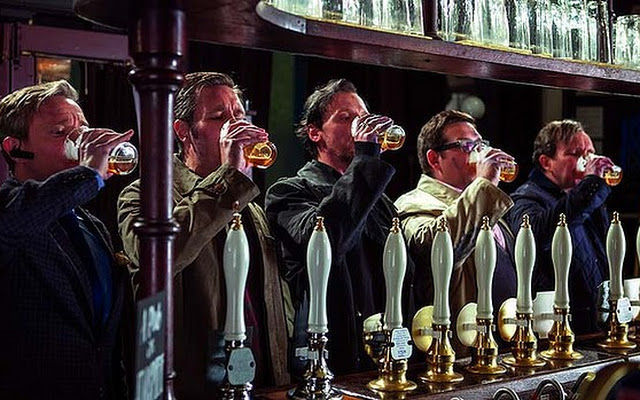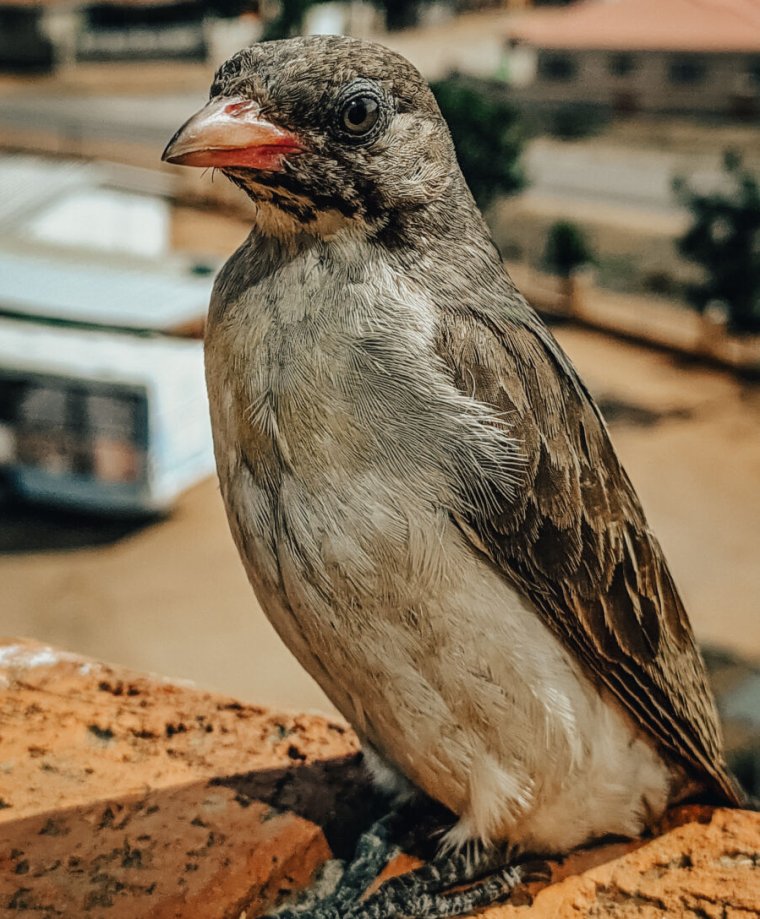-
chevron_right
‘We are all mixed’: Henry Louis Gates Jr on race, being arrested and working towards America’s redemption
news.movim.eu / TheGuardian · Sunday, 10 March - 13:00
The US academic and TV historian’s rejection of racial categories has drawn criticism from some but his sense of mischief and underlying belief in American decency remains undimmed
The first time I met Henry Louis Gates Jr raised more questions than it answered. It was the year 2000, I was still a teenager, and he – already a distinguished Harvard professor – was hosting a launch for his new BBC and PBS series Wonders of the African World.
I remember the occasion as a series of firsts – my first TV launch party, first documentary series I’d seen on African civilisations, first encounter with a real-life Harvard professor. I remember wondering whether the circumstances were normal. The venue was the British Museum, an institution that harbours a practically unprecedented quantity of colonial plunder. Was it, I wondered, a deliberately ironic choice? Were all Harvard professors as friendly and personable as Gates, whom everyone calls “Skip”, and was charmingly informal and kind? And perhaps most pressingly, was it normal for Harvard professor TV presenters to dress as Gates so memorably had, in shorts, socks, and a ranger’s hat?
Continue reading...

